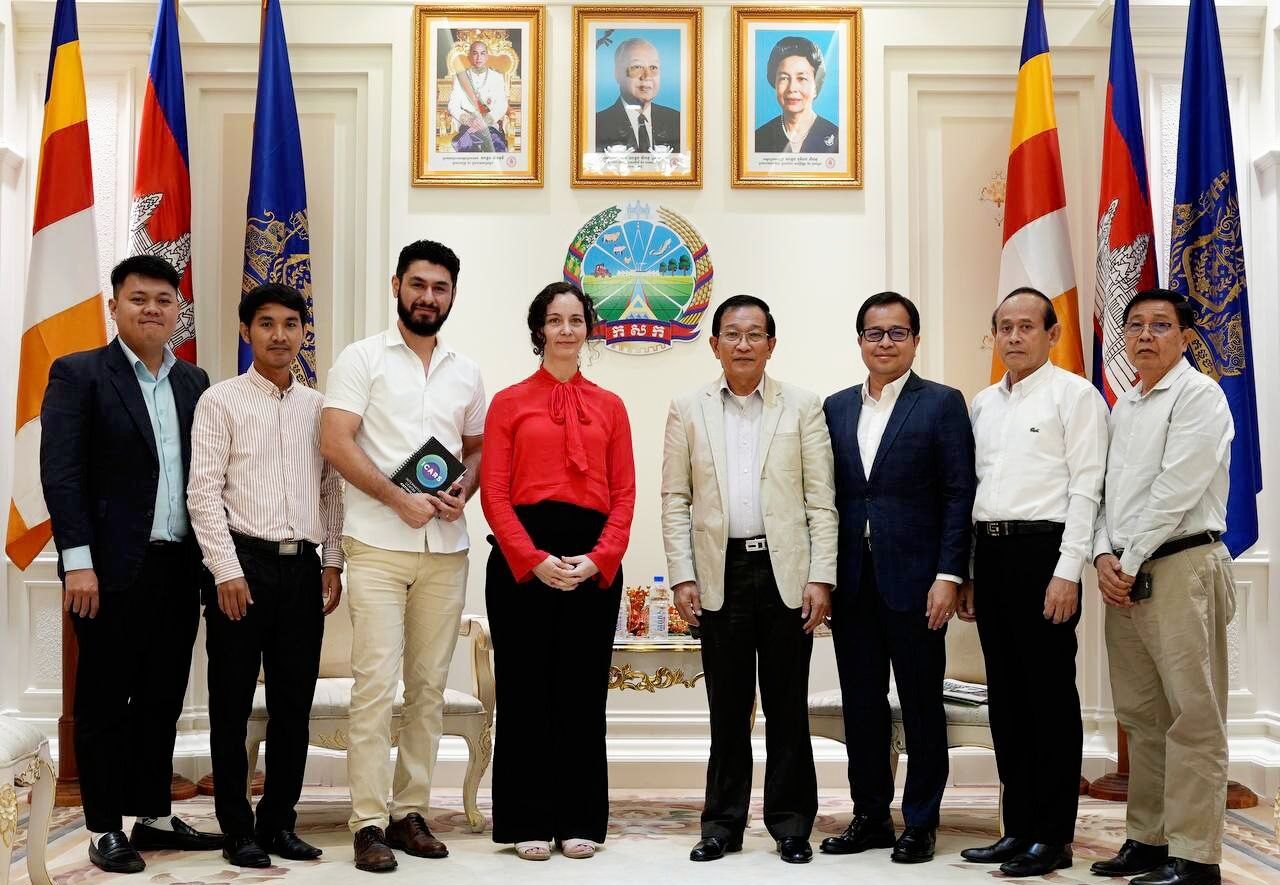In late January 2024, Dr Kristina Osbjer and Dr Wesal Zaman from the ICARS Science team travelled to Cambodia to evaluate prospective projects spanning animal and human health sectors, with a particular emphasis on scoping the poultry sector alongside ongoing mapping of antimicrobial stewardship in the human health care system.
In-Depth Assessment of Poultry Sector
The core aim of the scoping mission was to thoroughly evaluate key issues with antimicrobial use and resistance in Cambodia’s poultry sector, encompassing an in-depth analysis of its landscape, governmental commitment, and the viability of potential interventions.
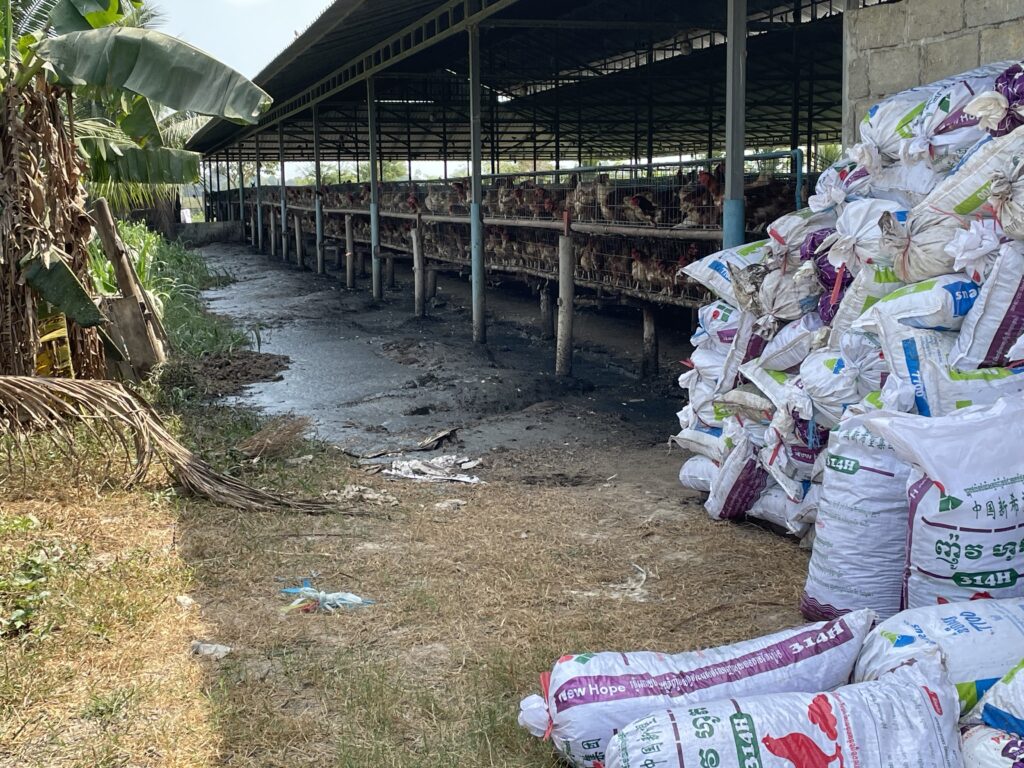
Stakeholder Engagement and Field Visits
Throughout the visit, ICARS engaged in a series of high-level meetings, field visits, and workshops. Notable engagements included discussions with officials from the Ministry of Agriculture, Forestry, and Fisheries, the General Directorate of Animal Health and Production and various representatives from different faculties at the Royal University of Agriculture.
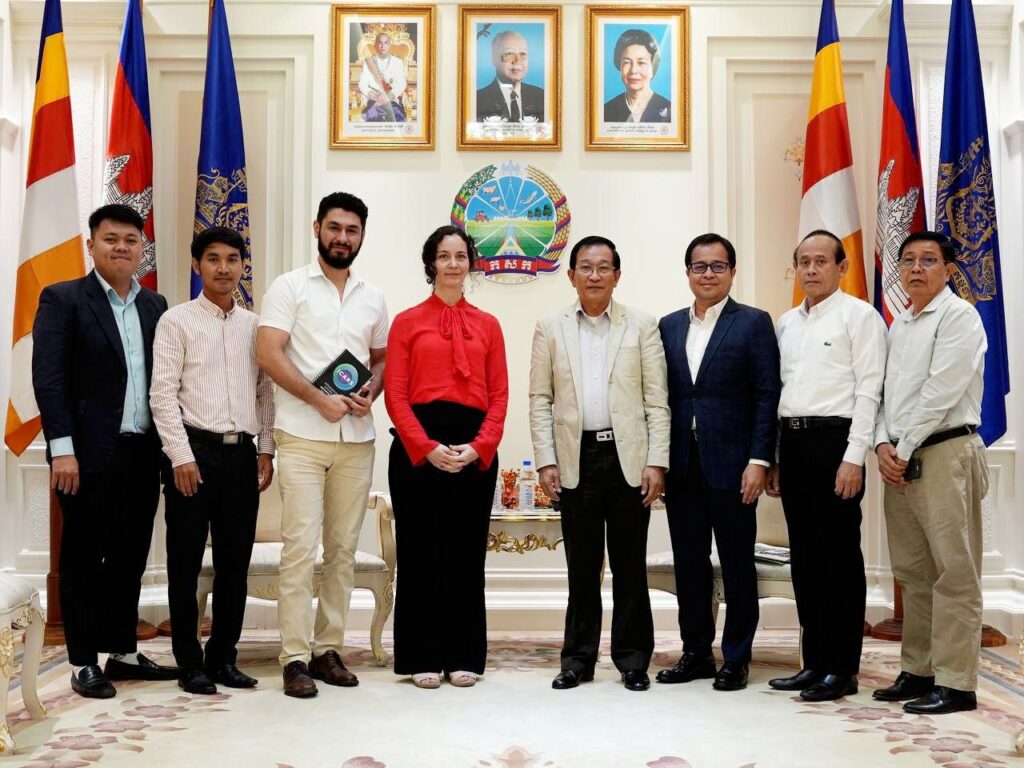
A full day was dedicated to field visits to an agrovet shop and poultry breeding and layer farms, providing firsthand insights into the sector dynamics and challenges.
At the agrovet store, private pharmaceutical companies’ guidelines were followed for farmers’ advice on vaccination and treatment of livestock since no comprehensive government guidelines were available. On the poultry farms, differences in practices, biosecurity, treatment, and business models were observed in farms that were individually managed or as part of a community. One of the chicken farms visited belonged to a recently established community chicken raising programme where all farmers consulted the same agrovet and applied similar disease prevention and treatment protocols.
The farmers also sold their chickens at an agreed market price which reduced competition and maintained higher profitability. The community model was found efficient in combining aspects of antimicrobial use with better business prospects for farmers, thereby incentivising prudent antimicrobial use.
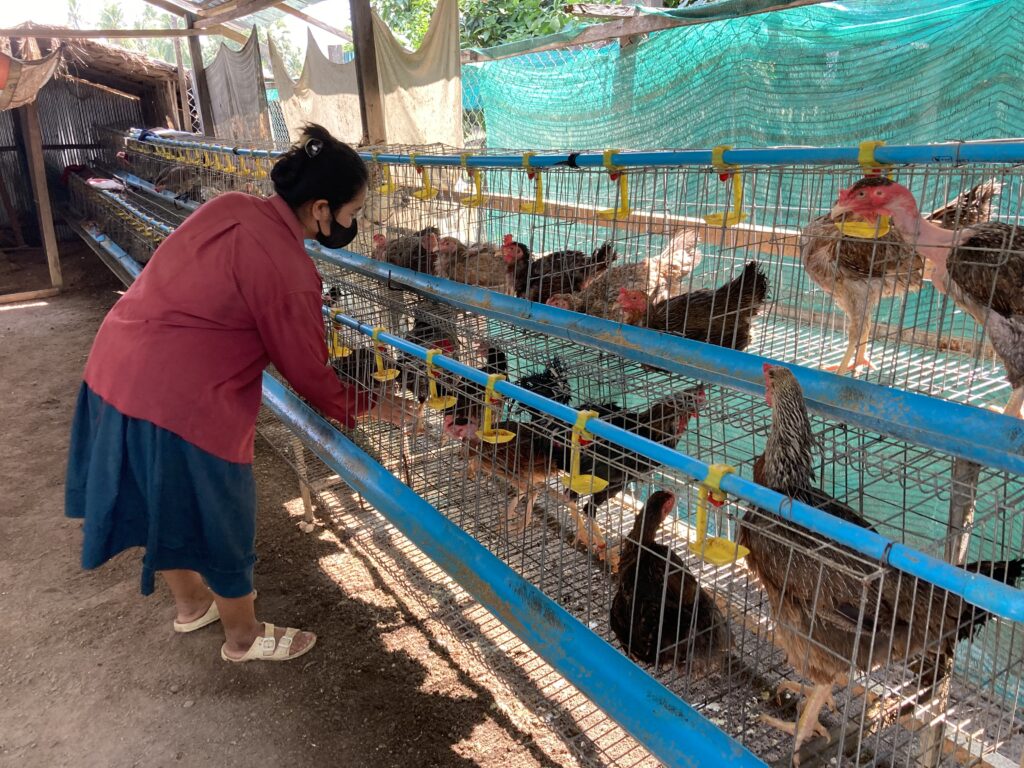
Workshop and Collaborative Sessions
A workshop held in Phnom Penh brought together stakeholders from diverse backgrounds, including representatives from the private sector, NGOs, and government agencies. Discussions focused on identifying potential areas of collaboration and intervention to address AMR challenges in Cambodia.
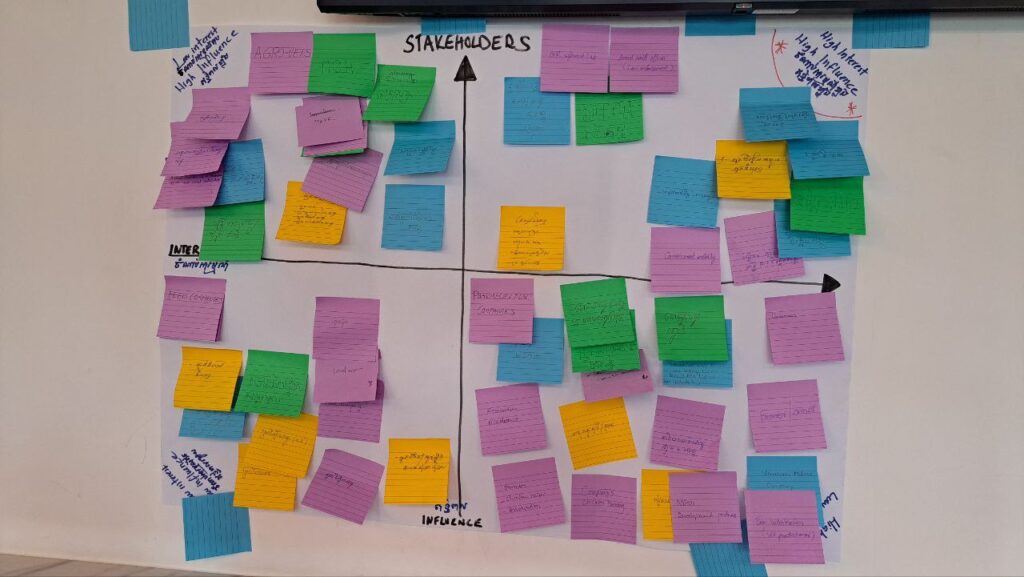
In addition to the assessment of the poultry sector, ICARS advanced ongoing human health projects. Productive discussions took place with officials from the Ministry of Health to align project objectives with the strategic priorities of the Royal Government of Cambodia and to refine existing work plans.
Outcomes and Next Steps
The scoping mission produced valuable insights and outcomes, underscoring the significance of early engagement with decision-makers, supporting country-led initiatives, assisting governments in implementing their National Action Plans (NAPs), and co-developing projects based on Intervention and Implementation Research (IIR) with local experts and research institutions.
Looking ahead, ICARS is eager to strengthen collaboration with Cambodian stakeholders and explore potential projects together.

